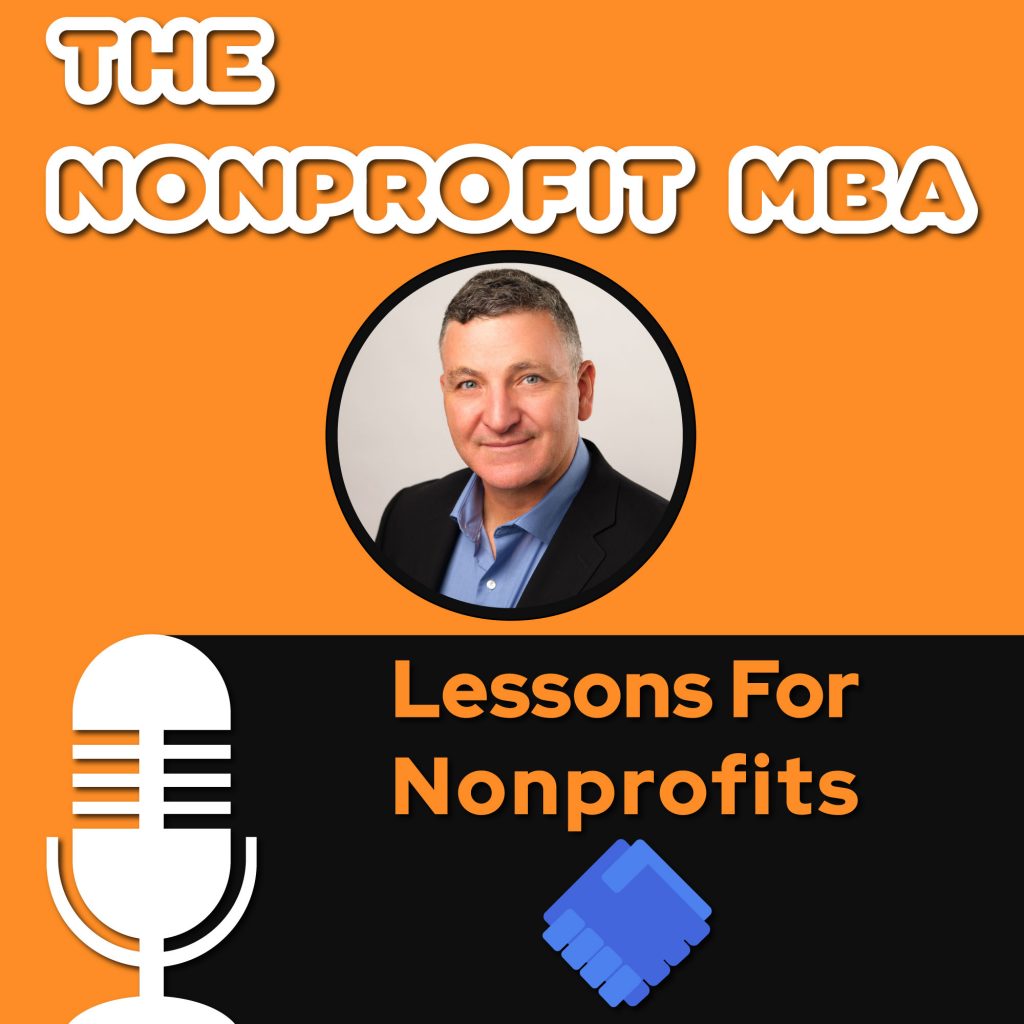Summary: In today’s podcast, Jett Winders from Heller Consulting and Stephen Halasnik from Financing Solutions discuss the benefits of nonprofit CRM technology for fundraising. This technology provides a streamlined solution that enables nonprofits to generate enormous revenue.
Summary
The Benefits of Nonprofit CRM Technology For Fundraising
Nonprofits work with numerous individuals who play various roles in the organizations. These individuals could be donors, peers, and even beneficiaries of the organization. CRM software allows nonprofits to store and manage data for all their constituents in a unified database. In addition, CRM technology has made it possible for nonprofit organizations to effectively know and track the type of relationship they have with their constituents.
Then again, CRM in fundraising is very effective in helping organizations reach their target audience with the correct information. From generating targeted solicitations to keeping tabs on potential donors, a well-integrated fundraising CRM within a nonprofit’s technology ecosystem provides the tools for communication, tracking, and managing your campaigns and results.
With high-end tools for syncing related data and filtering donors’ attributes, you can have a centralized database that houses your donors’ relationships to your nonprofit. Technology requires investment, and there’s no great way to get more return on investment than in the fundraising space.
Can CRM Technology Help Nonprofits to Increase Fundraising?
Generally, any organization that has dated or inadequate technology will hardly generate much revenue. Similarly, when nonprofits fail to leverage cutting-edge technologies in fundraising, it implies they are leaving more money on the table. There’s no better way to maximize returns in fundraising than investing in technology.
Sometimes resistance to investing in modern technology may be well-intentioned in the immediate term but can also be short-sighted in a long time—for example, the decision to appropriate funds for missions and programs other than technology solutions. An organization that lacks a robust digital strategy in fundraising is invariably leaving millions of dollars on the table. For example, lean resources for nonprofits mean little investment in providing food for hungry families, biomedical research, and humanitarian assistance. However, nonprofits can only grow their fundraising dramatically when technology is married with sound strategy and execution.
CRM capabilities are significant to nonprofits’ fundraising in many ways. They help nonprofits to maintain robust relationships with constituents, segment donors by issue and interest areas, keep tabs on membership activities and streamline the whole donation process. What’s more, CRM gives nonprofits the power to manage their data confidently and effectively.
How Nonprofits Can Harness CRM Technology in Fundraising.
Specifically, CRM offers the following capabilities to nonprofit organizations in fundraising:
1. Centralization of Data: CRM technology makes it possible for nonprofits to store data in an organized fashion. Various team members can seamlessly manage this information. However, organizations that still rely on an Excel spreadsheet to manage their contact data face the challenges of storing data in different spreadsheets managed by other people, resulting in incomplete or outdated data. In addition, this method requires a great deal of time and resources, and in most cases, tracking historical data is nearly impossible.
2. Segmentation of contacts: CRM tools ease the task of segmentation, especially when the available data is outdated, not accurate, and not in the same format. CRM helps nonprofits to have high-quality data and can easily segment their lists by the standard they’ve set up. With CRM, organizations can segment and tag contact by constituent type, interest area, and geographic location and subsequently export the list to their outreach campaign. What’s more, this technology ensures efficiency in creating automated processes in directing contacts to appropriate content.
3. Helps in knowing your audience: For nonprofits, keeping track and records of your audience is vital in fundraising. With CRM, you can analyze your contacts’ actions, such as the most recent volunteering campaign they signed up for or the current event they have attended. CRM technology is very efficient in giving you an overall view of your target audience’s behaviors.
In conclusion, CRM tools are very significant in nonprofit fundraising. Its potential is quite overwhelming. An analysis carried out by Heller Consulting on the CRM migration on revenues amongst nonprofit organizations shows that 80% of nonprofits that utilized this technology saw a dramatic increase in revenue generation within 1-3 years of implementation.
About Jett Winders from Heller Consulting
Jett Winders is the director of Business Development at Heller Consulting, Jett works collaboratively with nonprofits to map their business needs to CRM tools and functionality so that organizations can deliver their missions more effectively and raise money more efficiently. With more than 15 years of fundraising experience, Jett has had the opportunity to engage with many areas key to nonprofit technology and fundraising including individual giving, peer-to-peer events, and enterprise system implementations.
About The Host Stephen Halasnik, Financing Solutions
Stephen Halasnik is the host of the popular, The Nonprofit MBA Podcast. The Nonprofit MBA podcast’s purpose is to help nonprofit leaders. Stephen is the Co-founder and Managing Partner of Financing Solutions, a leading provider of Lines of Credit to nonprofits and small businesses. Stephen is a best-selling Amazon author and is considered a leading authority on building great, purpose-driven businesses. Stephen lives in New Jersey with his wife, Gina. Mr. Halasnik’s number one purpose is raising his two boys, Michael and Maxwell, to be good men.
